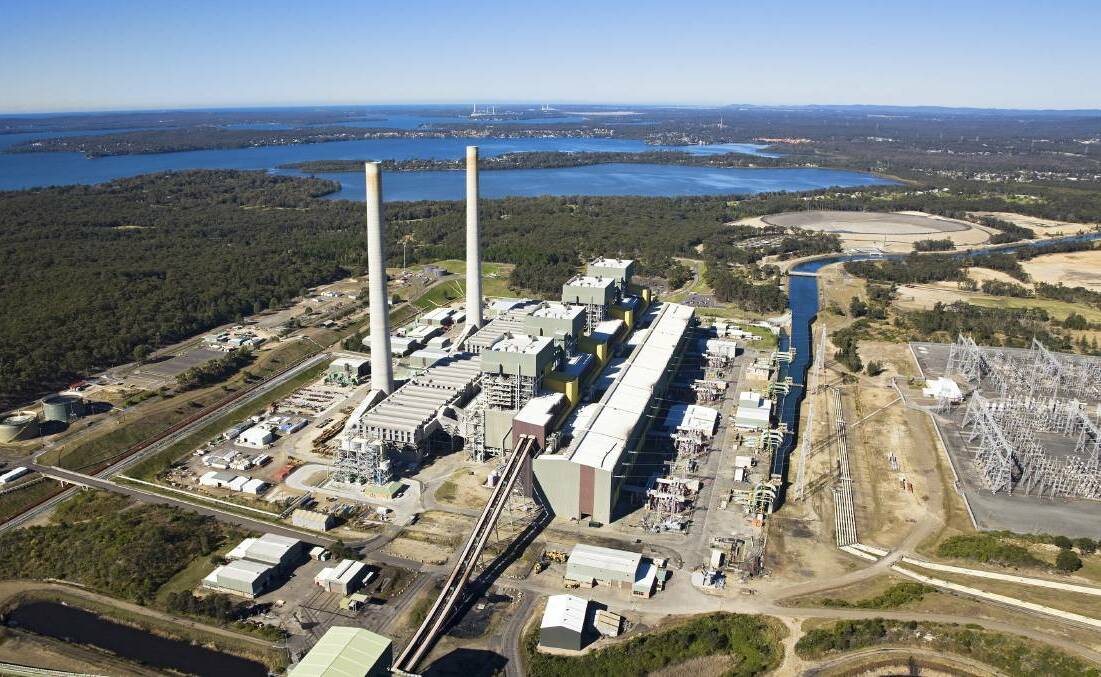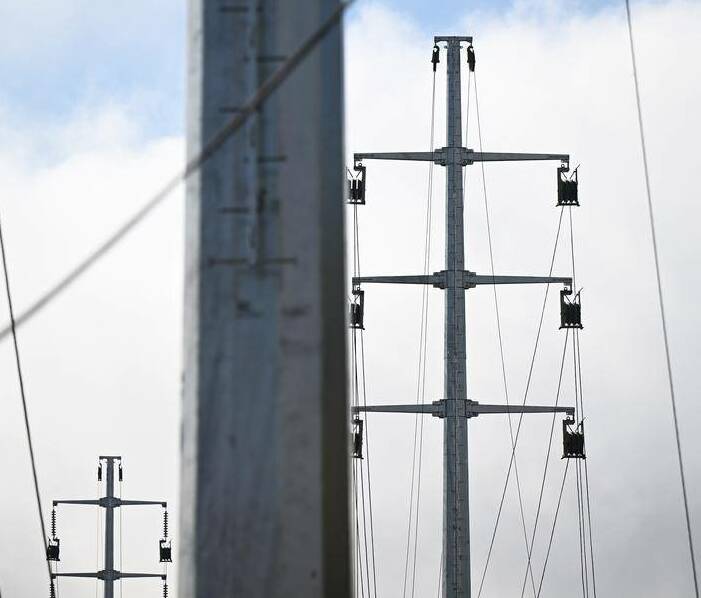The State Government's upcoming announcement about the future of Eraring Power Station will be 'fact-based' and designed to ensure the lights stay on and power prices remain as low as possible, Premier Chris Minns said.
The government was due to make an announcement this week about whether it would intervene to keep the coal generator open beyond mid-2025.
However, it has pushed the date back to allow more time to consider its response.

Mr Minns said on Friday that delays and cost blow-outs related to the Central West-Orana and New England Renewable Energy Zones had created a massive challenge for the state's clean energy transition.
"That's a big pressure that the system has to deal with. I'm confident that we can get there but there's a really narrow path for us to stay on to deliver that energy to the consumers of NSW," he said.
"Balancing that delay against the need to keep the lights on and power prices as low as possible is what the government is grappling with at the moment."
It was reported that government intervention to keep Eraring open would cost taxpayers between $200 and $400 million a year.
Mr Minns questioned the accuracy of the figures.
"I'm not sure where they got those numbers from but it hasn't been presented to me in that way," he said.
The previous State Government sold Eraring to Origin in 2013 for just $50 million.
Mr Minns said the government's predicament about whether to intervene to keep it open demonstrated why monopoly assets should not be sold.
"They should never have sold it. We (Labor) opposed it.
"This was a short term economic decision by the previous government to sell off essential infrastructure. When you sell off monopoly assets like electricity generators, it limits the ability of the state to plan for the future."

He said this week's decision to use overhead powerlines rather than underground cables to connect renewable energy zones was aimed at ensuring the transition occurred as quickly as possible.
"I'm dealing with manufacturers across NSW that want to employ people, grow their businesses and be part of a dynamic economy but they need access to reliable, inexpensive power," he said.
"If those transmission lines aren't up and running in a shorter period of time as possible, then you're going to see pressures on inflation, escalating costs for energy, and families who are already doing it tough as a result of inflation and interest rates will be doing it even tougher."






